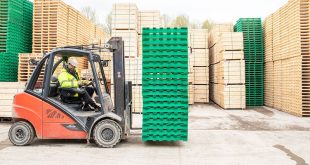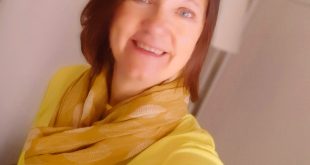Why fools are endowed by nature with voices so much louder than sensible people possess is a mystery. It is a fact emphasized throughout history.
Question: How many Health and Safety consultants does it take to put up a Christmas light? Answer: None. It’s far too dangerous to put up Christmas lights.
“For too long the issues of Health & Safety have been used as a convenient excuse to hide behind. It is invoked to disguise someone’s motives – concerns over costs or complexity, an unwillingness to defend an unpopular decision or simple laziness.”
Sensible words that we can pretty much all agree with. And from whose lips did these pearls of wisdom drop? Judith Hackitt, chair of the Health & Safety Executive no less.
She was talking about Lord Young’s plans to simplify and streamline all the is done in the name of health and safety. Let’s face it, it must be fairly galling to be head of an organisation that has as its core aim the protection of people, only to have that organisation’s name taken so much in vain by the Daily Mail et al, harping on about the ridiculousness of ‘health & safety’ preventing right-minded Englishmen and women from enjoying their birthright of doing whatever it is they want to do.
Lord Young himself points out that, despite the success of the 1974 Health and Safety at Work etc Act the UK has some of the lowest accident numbers in Europe), the standing of health and safety in the eyes of the public has never been lower.
He says there is “a growing fear among business owners of having to pay out for even the most unreasonable claims”. He also points out the rather worrying consequence that children are growing up in a culture that is loath to let them experience any risks at all.
Every day, it seems, there’s a story in the papers about some event that’s been banned ‘for health & safety reasons’ although there’s never usually much explanation about exactly what terrible consequences might befall participants if the event went ahead.
Lord Young partly blames the EU for insisting on risk assessments for everything, partly blames the over-enthusiasm of (usually unqualified) health & safety consultants and partly blames the rise of the no-win, no-fee compensation culture.
My local town council is probably going to cancel this year’s Christmas Lights because the Borough Council’s H&S consultant has said that they would need to be installed by two qualified electricians using a hydraulic lift. I’m not sure whether the qualification they need is specific to Christmas decs and I fail to see how the process can have suddenly become more dangerous than it was last year when half a dozen people did it using ladders. But there you are, the H&S consultant has submitted his report and , it seems, the council is bound to adhere to his recommendations.
By contrast, I went to a bonfire/fireworks night in a local village on Saturday where they got round any H&S concerns by charging one firework per family for entrance. The torchlight procession featured local children carrying lighted torches with which to ignite the bonfire, all meandering down the road, underneath overhanging trees and past cars and parents carrying children on their shoulders. All very sensibly done, with no injuries, no accidents and much jollity.
Of course health & safety is an important, sometimes life-saving, issue and of course it needs to be taken seriously by everyone. But taking things seriously should also mean taking them sensibly.
I’m rather encouraged by Lord Young’s report, which suggests that the HSE, local authorities and private organisations must work in partnership to make the system simpler. He wants to see that systems are simplified where possible and that the results of inspections should be publicly available, enabling consumers to make informed choices.
Whether or not this actually happens, of course, is quite another matter.
 Builders Merchants Journal – BMJ Publishing to Builders Merchants and the UK merchanting industry for more than 95 years
Builders Merchants Journal – BMJ Publishing to Builders Merchants and the UK merchanting industry for more than 95 years



